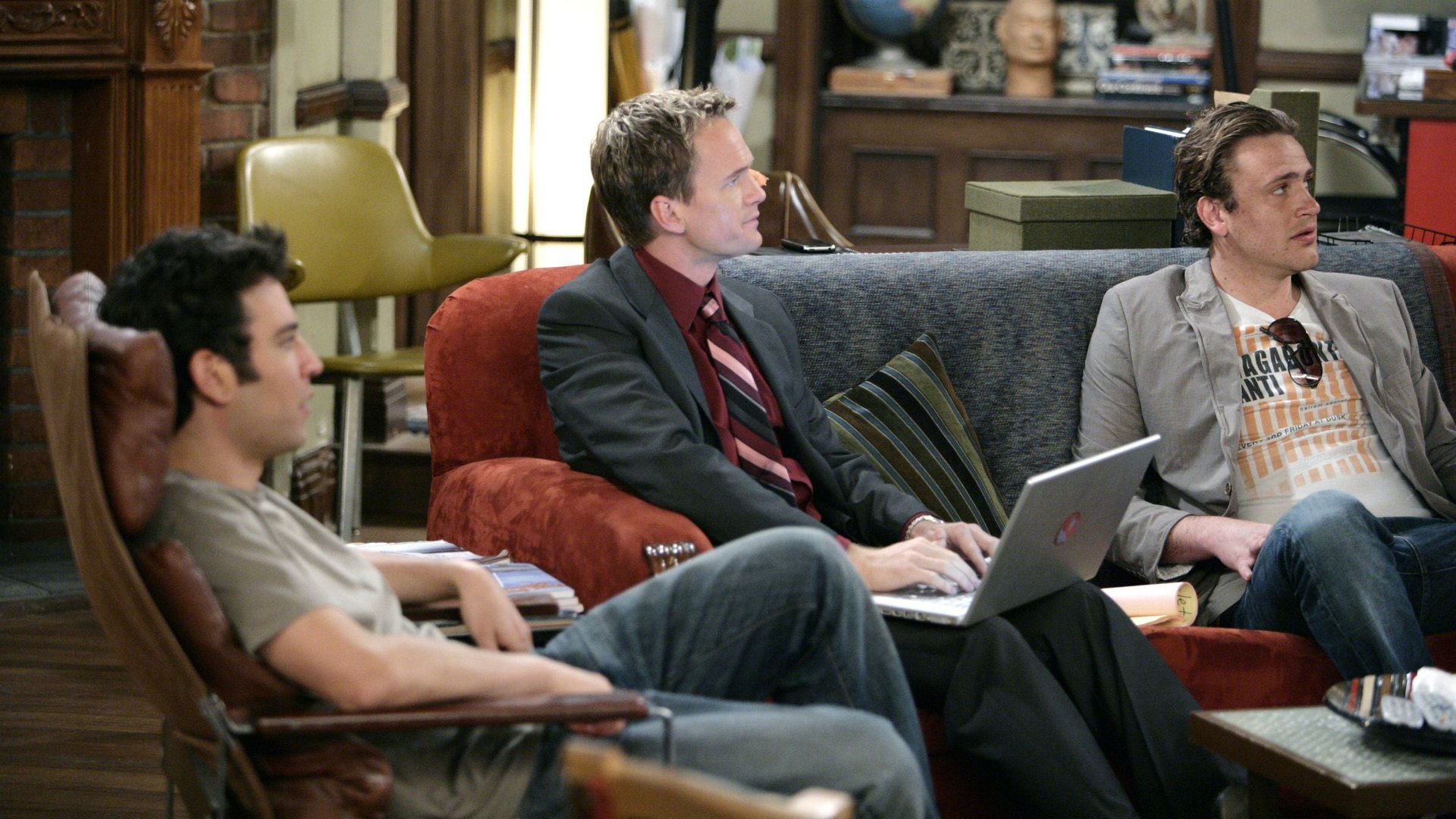Why most TV shows peak by their third season
LOS ANGELES—Lost. Sons of Anarchy. Grey’s Anatomy. 30 Rock. The Office. Justified. Glee. Parks and Recreation. They are some of the best, most celebrated, and longest-running shows of recent years. But they also have something else in common: even their most ardent fans would agree that each of these shows had their strongest, most memorable seasons in the second or third year of their respective runs.


LOS ANGELES—Lost. Sons of Anarchy. Grey’s Anatomy. 30 Rock. The Office. Justified. Glee. Parks and Recreation. They are some of the best, most celebrated, and longest-running shows of recent years. But they also have something else in common: even their most ardent fans would agree that each of these shows had their strongest, most memorable seasons in the second or third year of their respective runs.
And while most of the actors and producers dream that the new shows they are promoting to reporters at the Television Critics Association’s summer press tour will be on the air for many years to come, the truth is that more often then not, those shows will peak creatively sooner rather than later.
“Everyone’s favorite seasons of shows are seasons two and three, because you’ve had a year to get to know them, and then you’re still in the honeymoon period where you go, ‘This is great!’” Mike Schur, the creator and executive producer of the Fox comedy Brooklyn Nine-Nine, explains to Quartz. “And then after season three, everyone starts to go, ‘Eh, that show’s not as interesting as it was anymore.’ And it’s like, ‘Well you’ve been watching it for three years.’”
It’s hard to argue with Schur’s logic, especially since he worked on both The Office and Parks and Recreation, which also peaked within that season two/season three timeframe. “The bell curve is very common, I would say,” he said. “And what that really means is, it takes a year to get to know people, and then you have this great period of time where the stories are still new, and the world is still new, and the character’s relationships still have to be fleshed out and [there are] surprising reveals and stuff.”
The producer is hoping the same holds true as he works on season two of Brooklyn Nine-Nine, which won a Golden Globe for best comedy in January, and seemed to get stronger, more confident and funnier each week of its debut season. “And hopefully that’s where we are now that these upcoming years will be like that fun, ‘We know them, but it’s still new’ [period]. That’s the key, that’s the sweet spot.”
Once shows get beyond that point in their run, even if the ratings remain robust, much of the critical acclaim and attention starts to diminish, and the inevitable blacklash begins to set in for even the most celebrated series, like The Sopranos. That’s the reality that Modern Family, the toast of TV for years, is grappling with as it enters its sixth season.
“Yeah, people want to see us lose and fail,” Modern Family creator and executive Steve Levitan told Quartz of the show, which has won the outstanding comedy Emmy for four years in a row, but received ho-hum reviews last season and enters this year’s Emmy race with its lowest tally ever (10, down from a high of 17 in yes, its second season).
“I think the show is just as strong as it was, but I think that now, it’s a little less new for some,” said Levitan. “And some people, and in particular some critics, might say they’re just ready for something else to win because they’re bored with the Modern Family story. Hopefully the audience doesn’t agree with that. Our whole focus right now is how can we maintain the quality, despite what some people say.”
And if that doesn’t happen, Levitan can always look forward to seasons two and three of his next show.